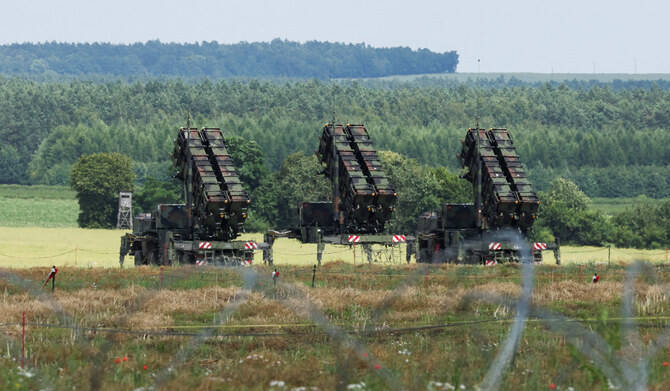International Effort Secures First Patriot Systems
Ukraine government won approval for three Patriot surface air defense units this week and has begun talks for seven more, an effort meant to strengthen its shield against missile attacks that keep coming from Russia, President Volodymyr Zelenskyy told reporters on Thursday. Germany agreed to finance two of the systems and Norway said it would cover the cost of one system fully, and Ukraine leaders are in conversation with the Netherlands about funding additional units.
The cost for each full system with interceptor missiles runs over one billion dollars, and Ukraine sees these units as its best defense against long range rockets Russia fires at civilian and military targets, he added. And Ukraine already operates eight batteries of Patriot launchers, though only six are active right now, meaning the new systems could boost active batteries to thirteen, according to The New York Times.
Funding Gaps Highlight Wider Military Needs

Ukraine now faces a funding gap beyond these air defense costs as it prepares budgets for next year, and it needs more cash to keep drones flying and missiles in storage, Zelenskyy warned. He said Ukraine budget planners need forty billion dollars more to cover general costs for defense forces next year, and another twenty five billion dollars to fill orders for missiles, drones, and electronic gear.
Germany’s defense minister and the U.S. secretary of defense both met this week to coordinate delivery plans and pledged to send five Patriot systems soon under a joint supply deal that also covers allied contributions to NATO’s shared stock. And these moves come after months of strong appeals from Kyiv to speed up support as Russia steps up missile raids on urban areas.
Building Local Production Capability

Ukraine leaders say they hope to move from simply buying systems over to building key parts at home, and they are negotiating for licenses to make some components in Ukraine or nearby European partner sites, Zelenskyy noted. The talks include setting up a production line in Germany that can turn out replacement parts and missile seekers, a move that would cut delays and help Ukraine keep air defenses online even under heavy attack.
And local production would give Ukraine more control over supply and help it avoid reliance on outside donors at critical moments. Officials admit the licensing process can take time, but they see it as vital for long term resilience.
Personal analysis
Ukraine’s strategy to lock in initial funding for Patriot units shows it can still win allies when it makes clear requests and it ties the support to wider defense needs. And the push for local production signals a move from urgent buying to building a lasting defense industry that can supply systems under fire. But Ukraine still faces tough choices about which weapons to buy next and how to pay for them, as donors juggle budgets and political pressures at home. This drive to expand air cover may help Ukraine protect key cities, but it will also stretch its partners as they balance aid to Kyiv with other global commitments.
Sources: reuters.com

